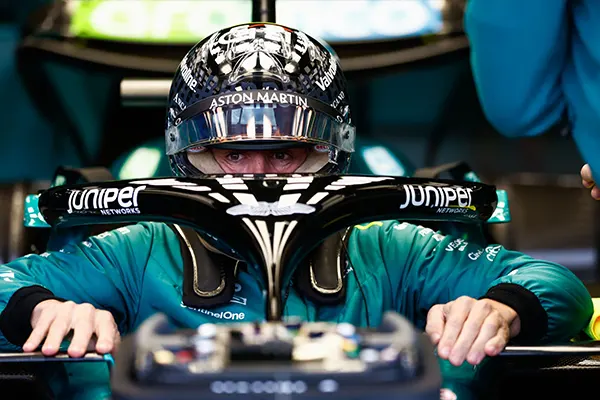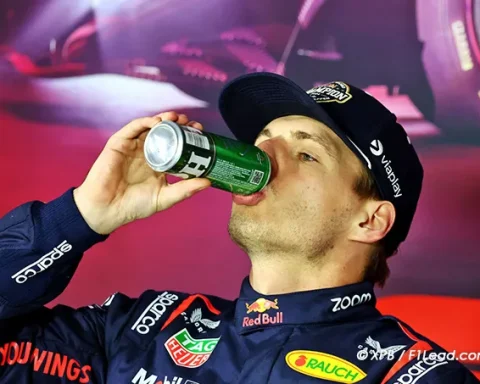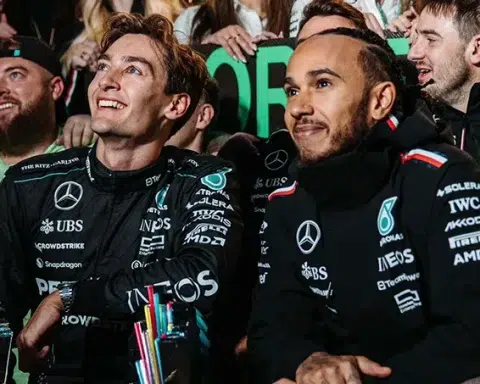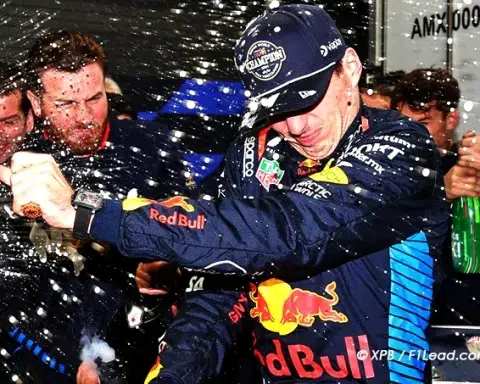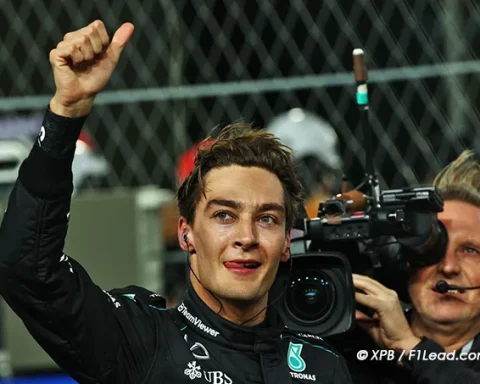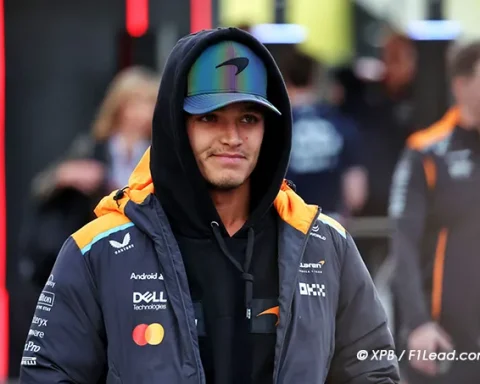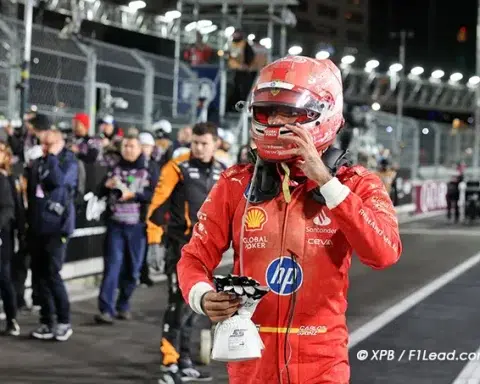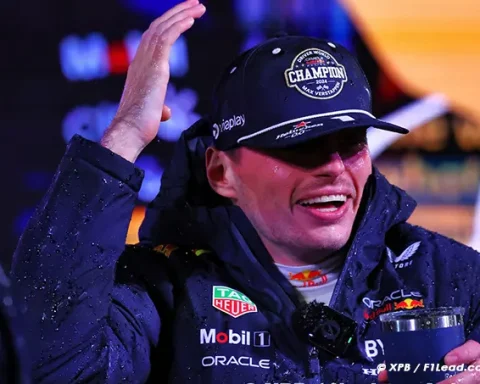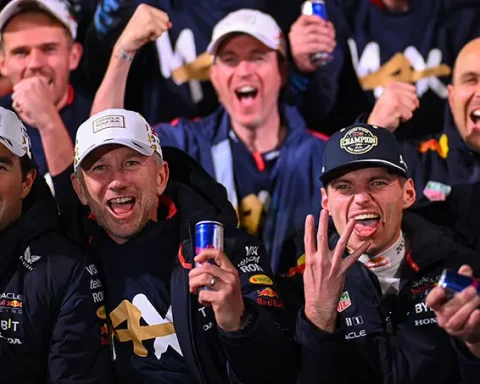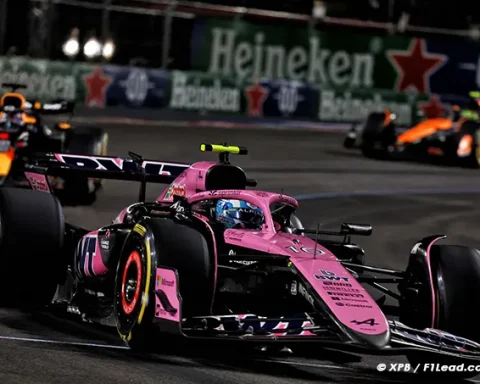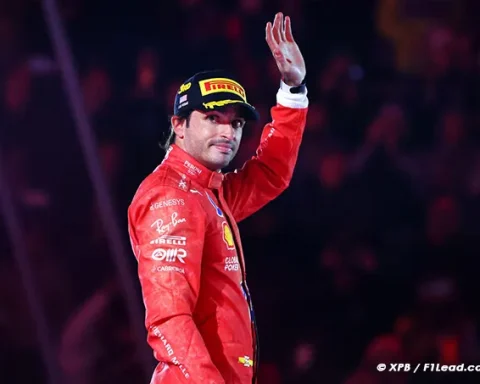Fernando Alonso discusses his disillusionment with F1’s predictability and his enduring ambition to be recognised as the best among his peers.
At the outset of his career, when he was a Grand Prix winner but not yet a Formula One world champion, Fernando Alonso told the Financial Times that his goal was for “every driver to look at him and say he was the best.” The same newspaper recently questioned the Spaniard about this statement, which he fully embraces.
“Yes, that was probably me at the time,” he admits. “And I still feel the same way. Today, I hope that when you meet a driver, he has that respect, knowing that you were a fierce competitor and someone who never gives up.”
“I think that, 20 years later, some of those goals have been achieved with the championships. I can still do great things when I have the right material. Even when the car is not at 100%, they always have to keep an eye on me. I will always be a fighter. My approach hasn’t changed.”
He confirms that the profession of a driver means the same to him, but he now enjoys more of what happens off the track: “Inside the car, I haven’t changed much; when I close the visor, it’s exactly the same as it was 20 years ago.”
“I appreciate a bit more everything that happens outside of the car. The contact with the fans. Even the events organized by sponsors, which I didn’t like before, felt like a distraction. Now, I appreciate them a bit more. I feel like it’s part of the job.”
“The older generation of drivers was more authentic”
Alonso explains why the frustration was difficult to control in 2018, which pushed him to leave the premier category to race with McLaren at the Indy 500 and with Toyota at Le Mans and Dakar.
“It’s part of the sport. I learned that throughout my career. Initially, it was hard to deal with, to feel motivated after something happened to you, or a failure. It felt unfair, unjust. But in the end, you understand that it’s part of the game of sports.”
“The NBA, football, it’s the same thing. I learned this over time. In 2018, when I stopped, I felt that it was simply too predictable, Mercedes’ domination was too significant to really enjoy being part of the grid. We were just actors in the Mercedes film, unable to compete at any point.”
“I had other challenges in mind with Le Mans and other more appealing things. So I left. But in 2021, after winning the world endurance championship and Le Mans, I felt there was a greater challenge to face: trying to come back to F1 and succeed again.”
Asked about the changes he has perceived in the way drivers are, Alonso explains that the drivers he encountered at the beginning of his career were different: “There are certainly differences. I think the older generation was a bit more authentic. They had a different character, a different approach to racing and life.”
“They were very tough competitors. Today, I would say they are very talented—perhaps more than before thanks to all the preparation, academies, simulator work, technology, and data they have to improve and learn quickly. They come into F1 better prepared.”
“But off the track or without the helmet, they are perhaps a bit the same and more shy in their approach. They have people who speak for them, for the management, for the media, for fitness. They are well prepared, but they may have lost a bit of their personality.”
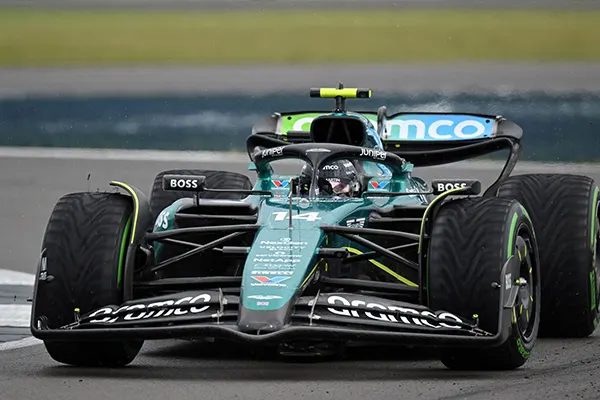
- You may also like>Coulthard Lauds Top Drivers’ Skill in Selecting Cars
- Following us on>Facebook and>Twitter
Alonso Reflects on F1 Frustrations and Ambitions Alonso Reflects on F1 Frustrations and Ambitions
